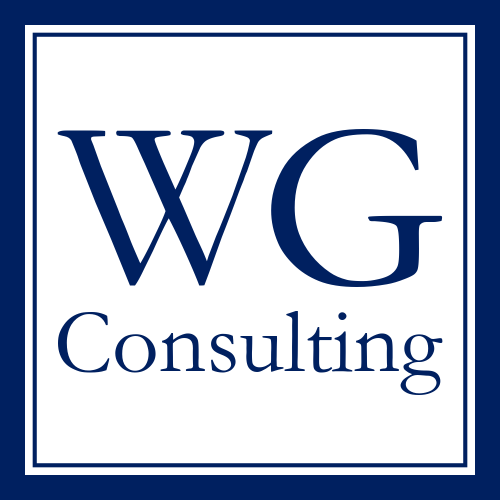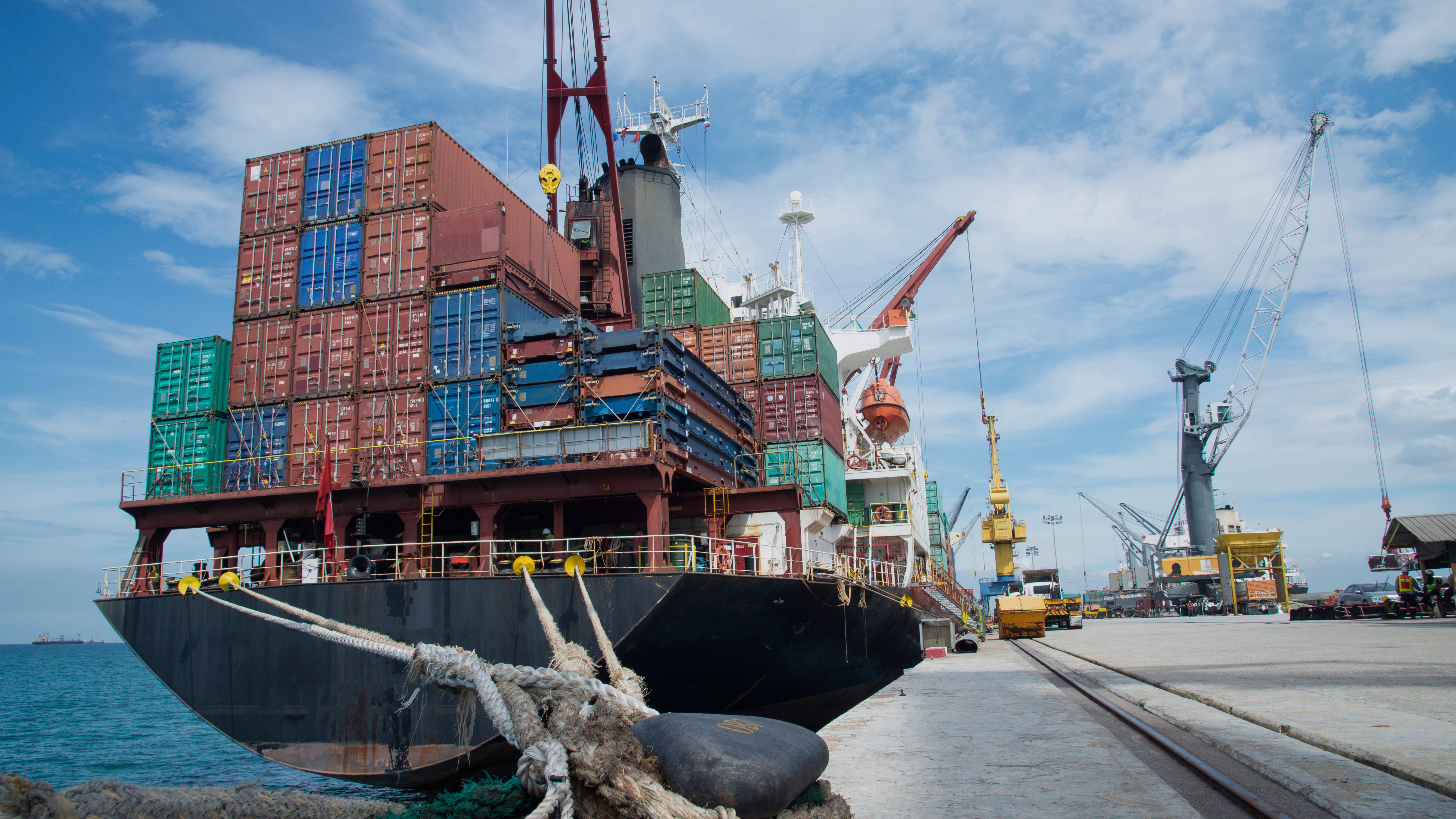As global supply chains grow more volatile, businesses face rising risks from shifting tariffs, trade regulations, and geopolitical uncertainty. From consumer electronics to industrial goods, these disruptions can sharply increase landed costs and shrink profit margins.
For companies importing goods into the United States or operating across multiple trade zones, a structured tariff mitigation strategy is no longer optional, it’s essential. At WG Consulting, we help organizations reduce cost exposure, maintain regulatory compliance, and build more agile, resilient supply chains.
Why Tariff Risk Is a Growing Business Challenge
Tariffs and duties can dramatically alter the true cost of imported goods. From Section 301 tariffs on Chinese imports to changes in country-specific trade policies, today’s regulatory environment is fluid and unpredictable. Companies that fail to adapt often face:
- Unexpected spikes in landed costs
- Disrupted supplier relationships
- Cash flow strain and margin compression
- Inability to forecast accurately or scale confidently
Proactive Tariff Mitigation Strategies That Deliver Results
WG Consulting’s trade compliance and cost strategy teams apply a multi-faceted approach that integrates global sourcing, customs planning, and regulatory expertise. Below are four of our most effective tactics for mitigating tariff exposure.
1. Country of Origin Engineering
By analyzing your product’s bill of materials and manufacturing workflow, we can identify opportunities to shift final assembly or key transformation steps to low-tariff jurisdictions, legally changing country of origin and lowering your duty rates without compromising compliance.
2. Tariff Code Optimization
Misclassified goods often result in overpayment. We conduct thorough HTS classification audits and ensure accurate product categorization to take full advantage of favorable duty rates—often reducing tariffs from double digits to zero.
3. Free Trade Agreement (FTA) Utilization
We help businesses utilize available trade agreements such as USMCA, CPTPP, and other bilateral deals to unlock duty-free or reduced-rate access. We also ensure your documentation and supply chain meet rules of origin requirements to avoid retroactive penalties.
4. Supply Chain Diversification
A concentrated sourcing model can leave you overexposed to tariffs from a single country. Our consultants evaluate alternative supplier networks to spread risk across jurisdictions and optimize total landed cost, without sacrificing quality or continuity.
Real Results: Tariff Strategy in Action
Electronics Importer
- Reduced unit landed cost by 18% through product reclassification
- Saved $1.2M annually by relocating final assembly to Mexico and leveraging USMCA
Apparel Brand
- Recovered $850K via duty drawback claims
- Restructured sourcing to avoid 301 tariffs on core product lines
These savings aren’t hypothetical, they’re repeatable outcomes for companies ready to take control of their global trade strategy.
Get Ahead of Trade Risk
Whether you’re reacting to current tariff challenges or proactively planning for future trade disruptions, WG Consulting provides actionable guidance that aligns with your broader financial and operational goals.
Contact us today to schedule a consultation with our trade strategy experts and explore how we can help reduce your import costs through proven, compliant mitigation strategies.

